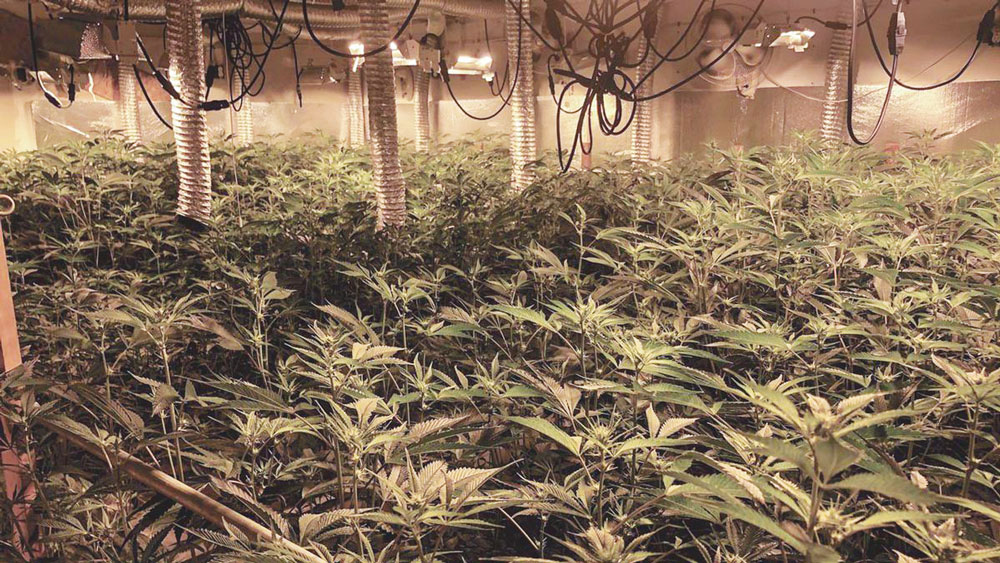Most state legislators, even some of the pot-skeptical ones, understand that criminal enforcement will never help reduce the illicit market’s share. But some do not. Or they pretend they do not. Having lost the war against weed with the passage of Proposition 64 in 2016, these politicians—they abound at the local level, too, in certain parts of the state—simply see the illicit market as an excuse to continue to burnish their “tough on crime” credentials, as well as their “anti-drugs” credentials, even in a state with legal cannabis.
This will continue as long as weed remains illegal at the federal level, and at least until the state implements major reforms: chiefly, reductions in the state’s outsized cannabis taxes, which are
among the main drivers of the illicit market.
Last week, Assemblymember Thurston Smith, a Republican representing the 33rd District in San Bernardino County, introduced legislation, AB-1725, that would make it a felony for anyone to grow more than six plants—the number allowed by state law—without a license.
In announcing the bill, Smith hit all the buttons.“These illicit growers have been operating with impunity, knowing that the law allows them to grow with barely a hindrance,” he said in a news release. “For far too long, [state legislators] have been soft on crime, and the illicit market has exploded with massive unlicensed grows popping up all around the state.”
Of course, unlicensed grows have popped up around the state for decades. Many of them “popped up” and then went on to serve the weed market for years and years, regardless of whether state lawmakers or law-enforcement agencies were “soft on crime” or not at any given time. The reason they do it is because it makes them money, and by their own reckoning, it’s worth the risk of criminal prosecution. Unless the state is ready to commit tens or hundreds of millions of dollars to busting up illicit pot farms, the legislature won’t be able to stem the tide through law enforcement. And even if it were willing to spend that much, it likely wouldn’t solve the problem anyway.
However, Smith got to apply the phrase “soft on crime” to his political enemies in a news release, which he no doubt believes will appeal to his constituents. His district includes a gigantic swath of desert between L.A. and Vegas, surrounding cities like Barstow and Victorville.
Last summer, a report prepared for the San Bernardino County Board indicated that there are more than 1,000 illegal grows in the county, where nearly 300 pot farms were busted last year. According to the San Bernardino Sun, the report “blames the boom in illegal farms on the ‘abundant’ available desert land, climate and soil conditions ideal for growing cannabis and remote locations with few neighbors.”
Some people might think that sounds like the perfect place to grow—and regulate—legal weed without bothering too many people while also adding to the tax base and employing people. But County Sheriff Shannon Dicus told the board in August that pot farms represent “probably our biggest quality-of-life problem in our county right now, particularly in our rural areas.” He cited in particular the environmental harms caused by illegal pot grows, especially the misuse of insecticides.
San Bernardino bans all commercial cannabis activity in its vast unincorporated areas. The “problem” could be solved by allowing pot farms to operate legally, and under the scrutiny of government officials. The county has opted against taking that route. But Dicus said “Sacramento”—not the county government—is the one “turning a blind eye” to the problem.
It’s also not clear how making felons out of people who decide to grow a seventh plant in their basements will help win the battle against illegal grows, but again, that’s not really the purpose of the legislation, which has essentially zero chance of passing. Until better policies are implemented at the state and federal levels, we’re going to keep being subjected to this kind of political theater.
Originally posted on EastBayExpress.com








